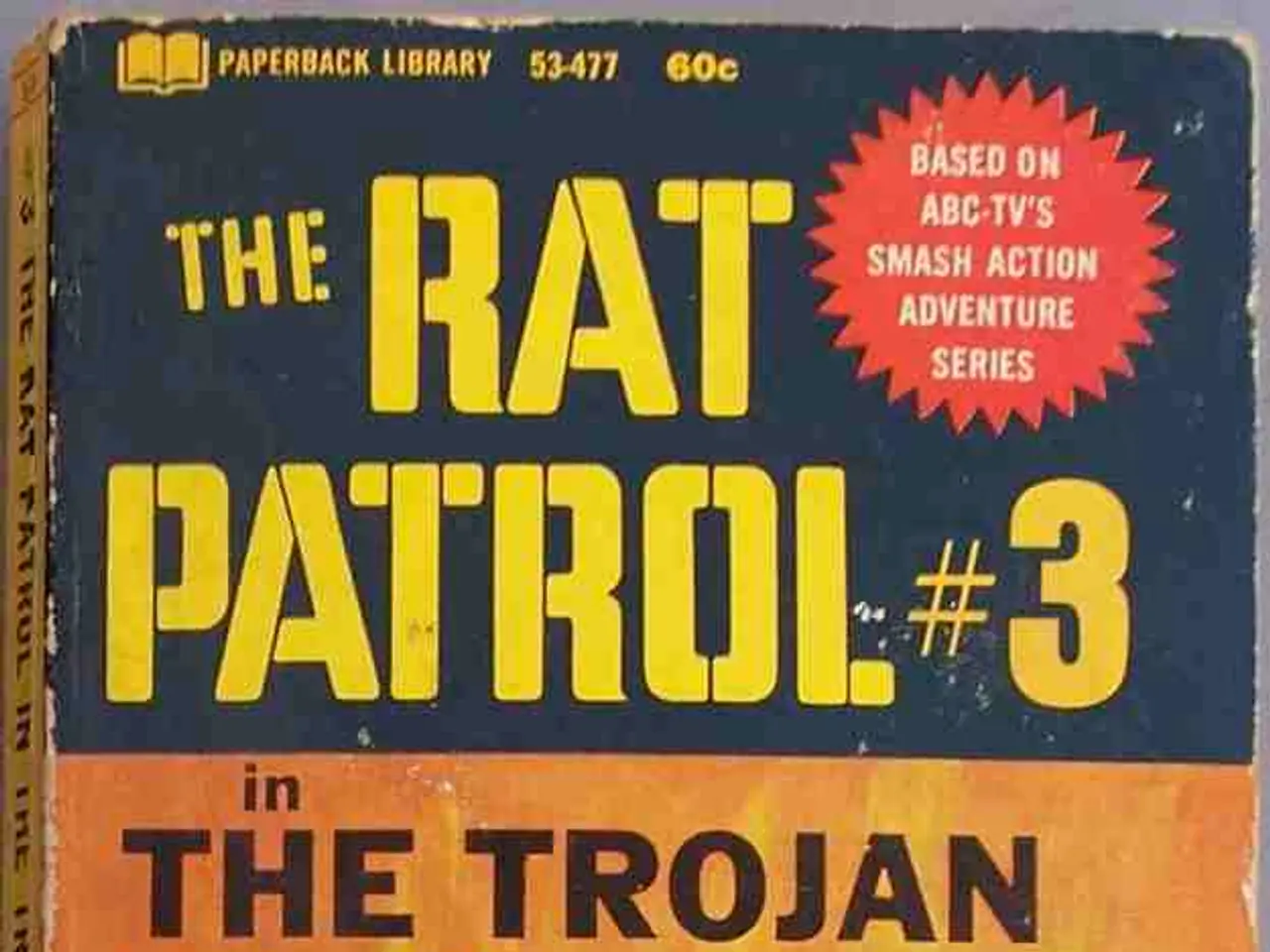Nuclear tension persists worldwide, according to Russia's cautionarystatement.
In the face of a looming expiration date for the New Strategic Arms Reduction Treaty (New START) between Russia and the United States, the world is witnessing a renewed arms race that threatens strategic stability. The treaty, which limits deployed strategic nuclear arsenals, is set to expire on February 4, 2026, and has been marred by non-compliance from Russia since 2023, with inspections suspended indefinitely.
Despite the challenges, there are calls for renewed negotiations on a successor treaty to maintain strategic stability. U.S. President Donald Trump has acknowledged the risks of letting New START expire, expressing interest in working towards a new agreement. However, substantive diplomatic progress remains stalled, partly due to the ongoing conflict in Ukraine.
The collapse of the Intermediate-Range Nuclear Forces (INF) Treaty, which occurred when the U.S. withdrew in 2019 and Russia ceased compliance in August 2025, has further exacerbated the arms race dynamics. This has led to resumed development and testing of intermediate-range ballistic and hypersonic missiles by both sides.
International concern over escalating military deployments, including nuclear and hypersonic weapons, has been voiced by the G7, who have called for Russia’s return to full New START compliance and for continued controls to prevent a wider arms race, including in outer space.
Russia's Deputy Foreign Minister, Sergei Riabkov, has been vocal about the current situation. He mentioned the lifting of the moratorium on the INF Treaty as one of the measures by the United States and its allies. Riabkov warns against interpreting this as a call for relaxation, likening it to the processes of tension reduction during the Cold War. He states that the term "relaxation" comes from the past and the current situation requires political will to gradually lower the temperature of international relations.
Riabkov also emphasized the importance of cooling down "overheated heads in some NATO capitals," not for relaxation, but for an opportunity for dialogue. He did not repeat his earlier statements about Moscow's actions in arms development, the threat of a nuclear conflict, the expiration of the New START Treaty, or the lifting of the moratorium on the INF Treaty.
However, Riabkov did state that US systems are appearing more and more in regions where this has a direct impact on Russia's security. He also recalled that, in addition to the Oreshnik systems, Russia has other weapons of the latest generation. Despite this, Riabkov warned that the threat of a nuclear conflict remains present in the world.
As the New START Treaty nears its expiration, the absence of nuclear weapons control mechanisms in this area is becoming increasingly apparent. The world watches as the strategic rivalry and arms race tension between Russia and the United States continues to escalate, with no clear signs of diplomatic resolution in sight.
Read also:
- Court petitions to reverse established decision on same-sex marriage legalization
- Commemoration of 200 Days of American Resurgence Unveiled
- Minister Bärbel Bas expresses doubts about her tenure as a minister following a recent interview during the summer.
- A Tale of Two RussiansGate Notable Figures: Focus on Mike Davis








